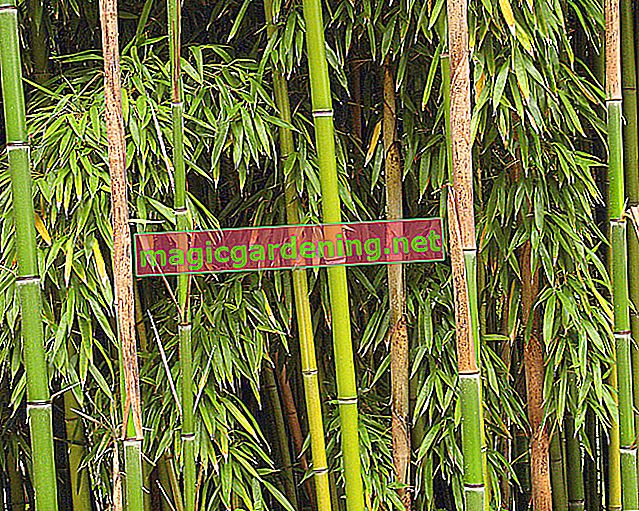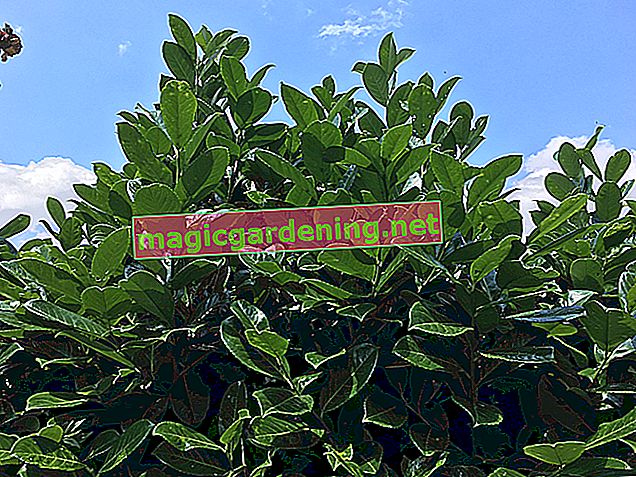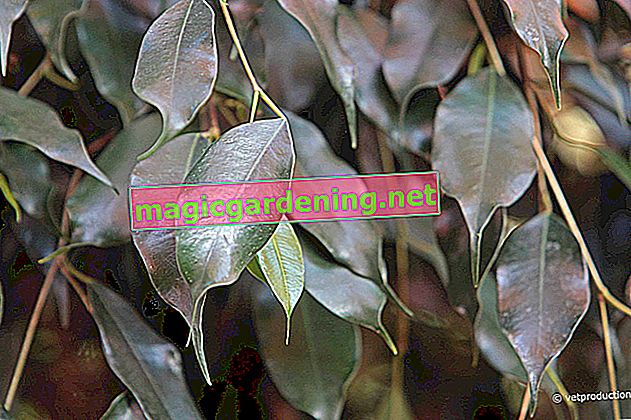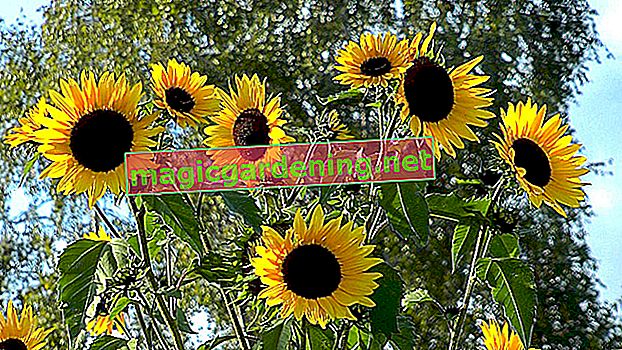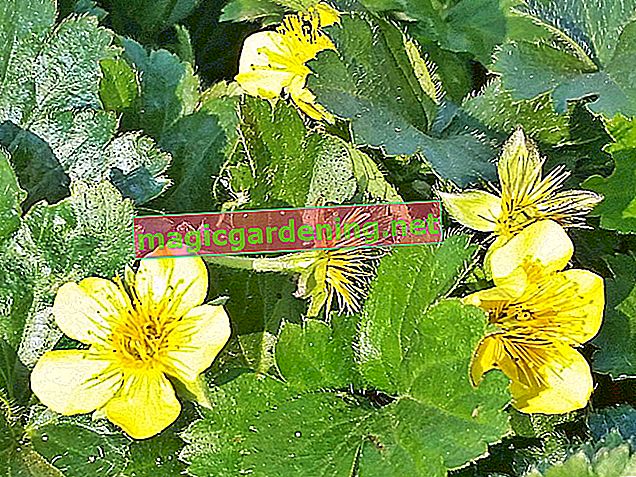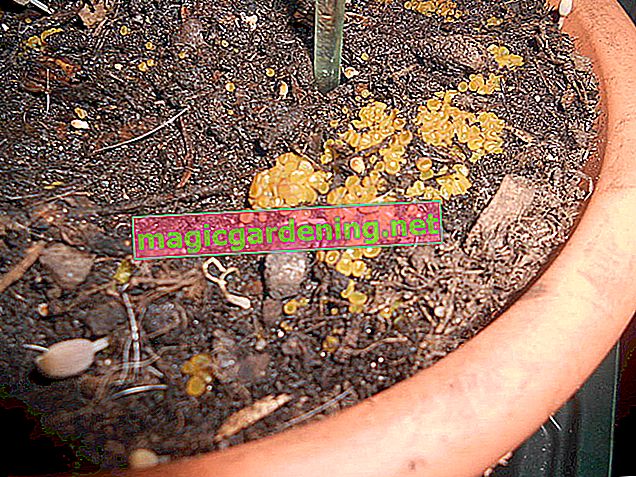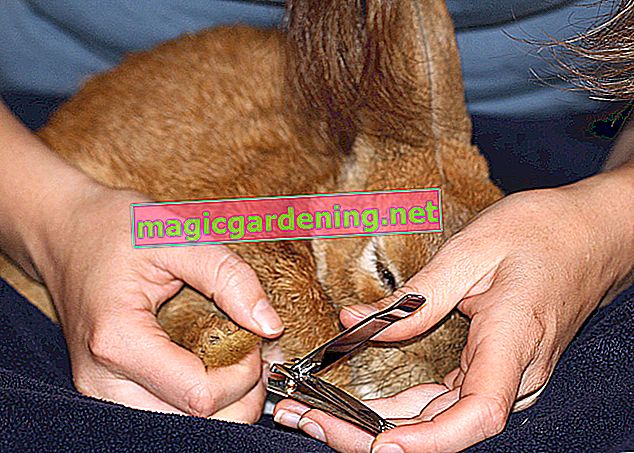
Reason # 1: To prevent self-sowing
Once a columbine has gained a foothold in its location, it can no longer be stopped. After its flowering period is over, it forms numerous tiny seeds. When ripe, these are blown with the wind and like to sow themselves.
also read
- Is the columbine sufficiently hardy?
- Is the Columbine poisonous?
- The Columbine - at its most beautiful during its heyday!
Those who do not prevent self-sowing by cutting off the immature seed heads or cutting off the withered flowers must expect the columbine to spread in no time at all. Different varieties cross with each other and single-variety specimens belong to yesterday.
Reason # 2: To extend the flowering period
Some gardeners cannot get enough of the delicate flowers of the Columbine. It's too bad that the flowering period is over in July. But with a bit of luck, the columbine will bloom again in autumn. To do this, the faded flowers should be cut off radically.
Reason # 3: To prepare for winter
While a columbine that is in the blazing sun grows up to 90 cm high, a columbine in the shade only grows up to 30 cm high. Either way - the withered perennial should be cut back to just above the ground after its flowering period or in autumn. If you forget that, you can do the pruning in the spring.
Reason # 4: To remove sick and damaged parts
It is true that columbines are rarely attacked by diseases. But in dry times they are weakened and more susceptible to powdery mildew. If you discover infected parts of the plant, cut them immediately. Do not dispose of them on the compost, but in the household waste!
What to look for when cutting
When cutting a columbine, always keep the following points in mind:
Original text
- only use clean cutting tools
- Wear gloves to protect against toxins
- cut back before budding (no later than early March)
- Cut thick shoots at an angle so that rainwater can run off
Tips & Tricks
Do not cut off columbines in the wild! They are under nature protection!

